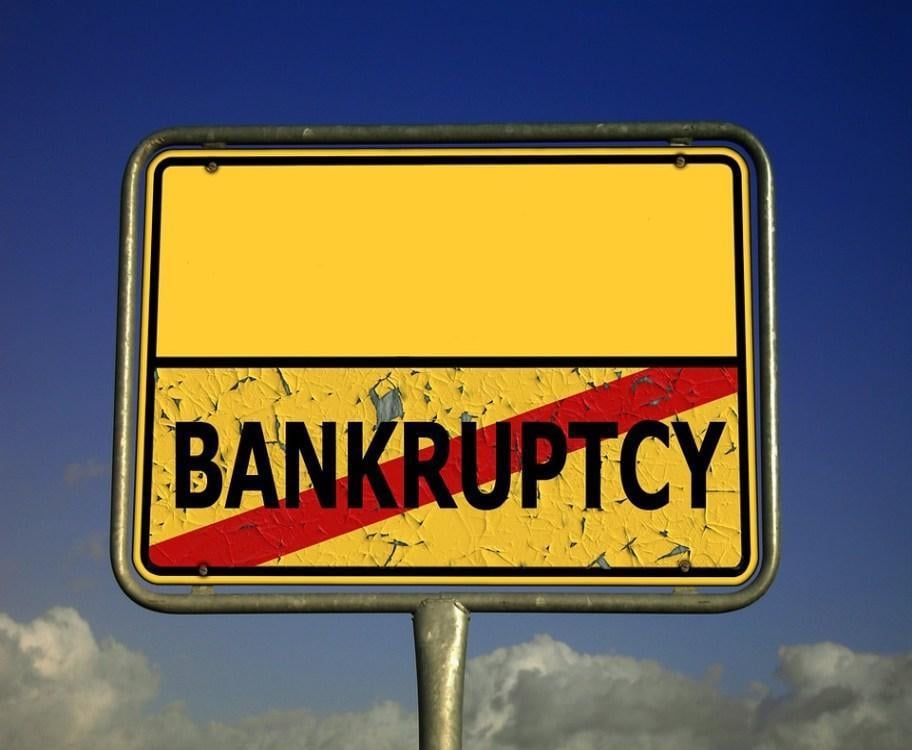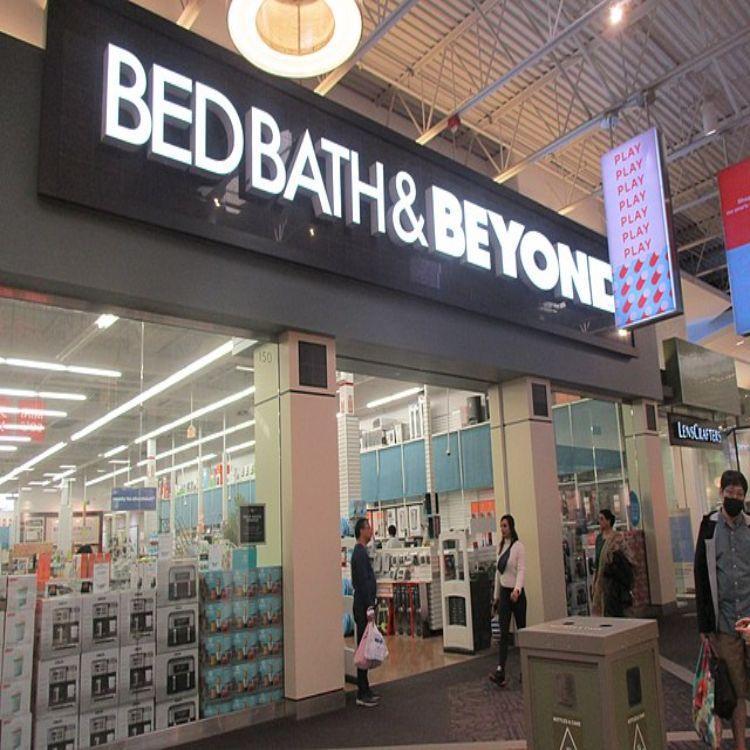Many people hunting for stylish and quality bed essentials go to one of the many Bed Bath & Beyond stores across North America. For easy shopping, the retailer also has an easy-to-use online store.
However, despite being America’s sweetheart, the company appears to be in financial trouble, as it has filed for bankruptcy. Let’s explore the expensive mistake that took Bed, Bath & Beyond under.
Share Buybacks Births Bankruptcy

It is shocking that our go-to place for bed essentials might be closing its doors for good. Among the poor financial missteps that have led to this point was the decision to spend a jaw-dropping $11.8 billion on share buybacks since 2004.
This costly mistake was merely a desperate attempt to support the company’s dwindling stock prices. Share buybacks are often beneficial to the company and shareholders. But this time, it was bad for Bed Bath & Beyond.
The Buyback Ripple Effect

Bed Bath & Beyond’s share buybacks could have saved the company. The failure came from management’s inability to invest in growth and innovation.
A better option for Bed Bath & Beyond would have been to invest these funds in new products and marketing strategies. Then, the company could have used them to boost its finances and eventually position itself for long-term success.
Incessant Pressure From Shareholders

In 2014, Bed Bath & Beyond was under pressure from its shareholders to improve stock performance. The business did not want to fail them, so it felt the best solution was to take on a staggering $2 billion in debt to fund a share repurchase program.
Before this unfortunate decision, the company had maintained a relatively modest debt load. However, the decision put the company on a precarious path that it could not sustain.
Multiple Millions Spent Without Tangible Returns

Bed Bath & Beyond continued buying back its own stock until February 2022, spending a whooping sum of $230 million in three months. It’s cost basis (average share price) was $16.04.
The strategy failed to have a positive impact. In fact, the company’s stock plummeted 83% last year. It closed at a measly 29 cents per share before its bankruptcy decision. Share buybacks boost stock prices and satisfy shareholders, but they hurt financial stability.
